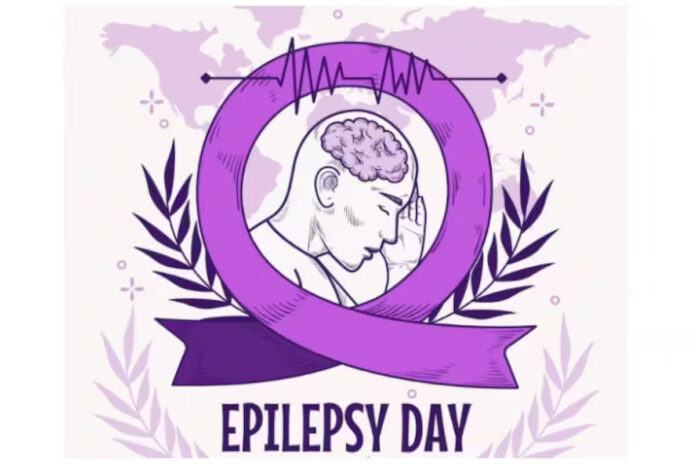National Epilepsy Day: Raising Awareness
National Epilepsy Day is observed annually to raise awareness about epilepsy, a neurological disorder that affects millions of people worldwide. The day highlights the importance of understanding epilepsy, recognizing its symptoms, and reducing the stigma associated with the condition.
Fainting While Standing: Is It Epilepsy or Something Else?
Fainting, or syncope, is a temporary loss of consciousness caused by reduced blood flow to the brain. While fainting can be mistaken for an epileptic seizure, it’s essential to differentiate between the two because they have different causes and treatments.
Symptoms of Fainting (Syncope):
- Sudden feeling of dizziness or lightheadedness.
- Vision changes, such as blurring or “tunnel vision.”
- Sweating or clammy skin.
- Nausea or a “butterfly” feeling in the stomach.
- Loss of consciousness for a short duration (usually a few seconds to minutes).
- Quick recovery once lying down.
Symptoms of an Epileptic Seizure:
- Sudden jerking movements or convulsions.
- Loss of awareness or consciousness lasting longer than a few minutes.
- Staring or unresponsiveness during the episode.
- Strange sensations, such as tingling, fear, or déjà vu (auras).
- Confusion or fatigue after the episode (postictal state).
Key Differences Between Fainting and Seizures:
| Feature | Fainting | Seizures |
|---|---|---|
| Duration | Short (a few seconds) | Longer (several minutes) |
| Trigger | Often triggered by standing, dehydration, or stress | Can happen without triggers |
| Recovery | Immediate recovery after lying down | Confusion or fatigue post-event |
| Movements | Rarely jerky movements | Often involves jerky, repetitive motions |
When to See a Doctor
- For Fainting:
- Frequent episodes or occurring without an obvious trigger.
- Fainting accompanied by chest pain, irregular heartbeat, or shortness of breath.
- No prior history of fainting.
- For Epilepsy or Seizures:
- First-time seizure or unexplained loss of consciousness.
- Seizures that last longer than 5 minutes.
- Repeated seizures or difficulty recovering after a seizure.
- Head injuries or injuries sustained during an episode.
Importance of Diagnosis
Misdiagnosing epilepsy or fainting can lead to improper treatment. Doctors may perform tests like:
- Electroencephalogram (EEG): To detect abnormal brain activity.
- MRI or CT scan: To identify structural issues in the brain.
- Heart tests (ECG): To rule out cardiac causes.
Awareness is Key
National Epilepsy Day reminds us of the importance of seeking medical advice for unexplained fainting or seizure-like episodes. Timely diagnosis and treatment can significantly improve quality of life for those affected.



